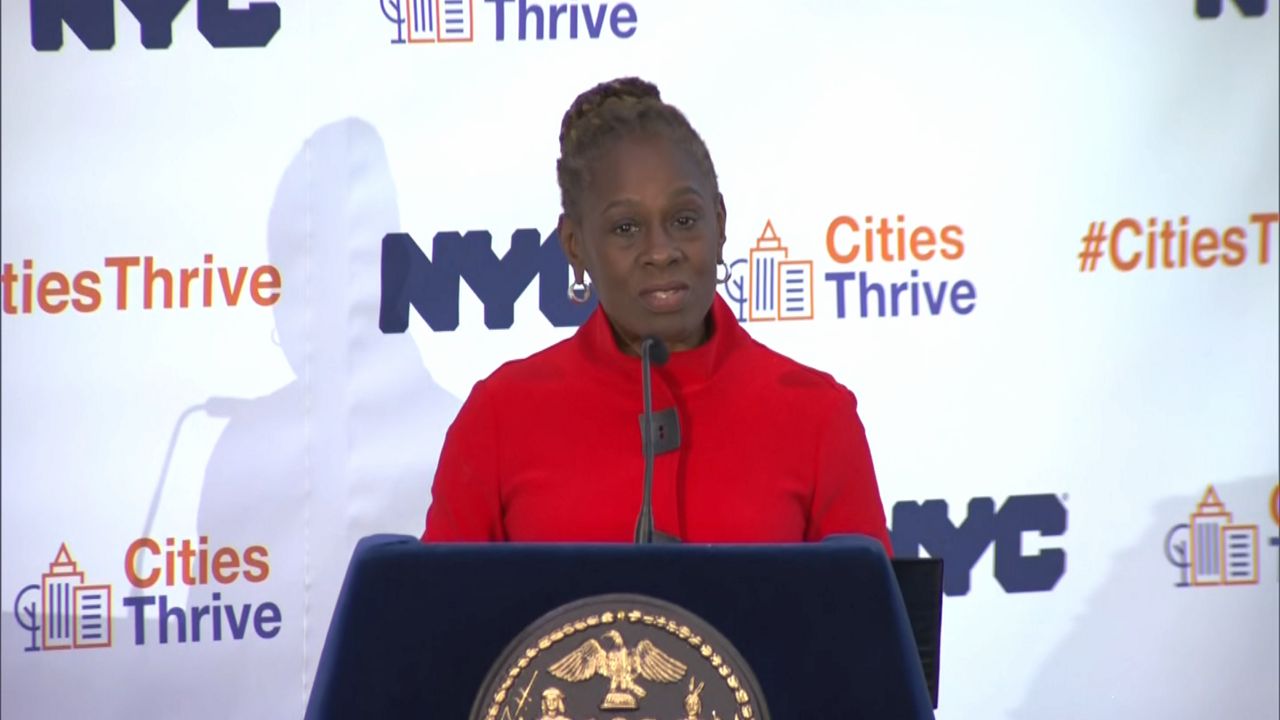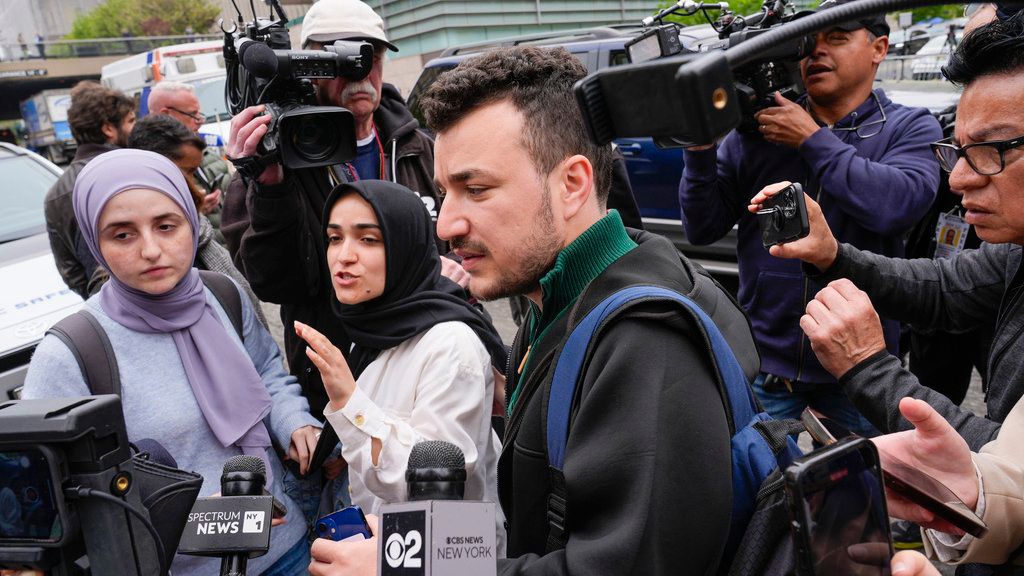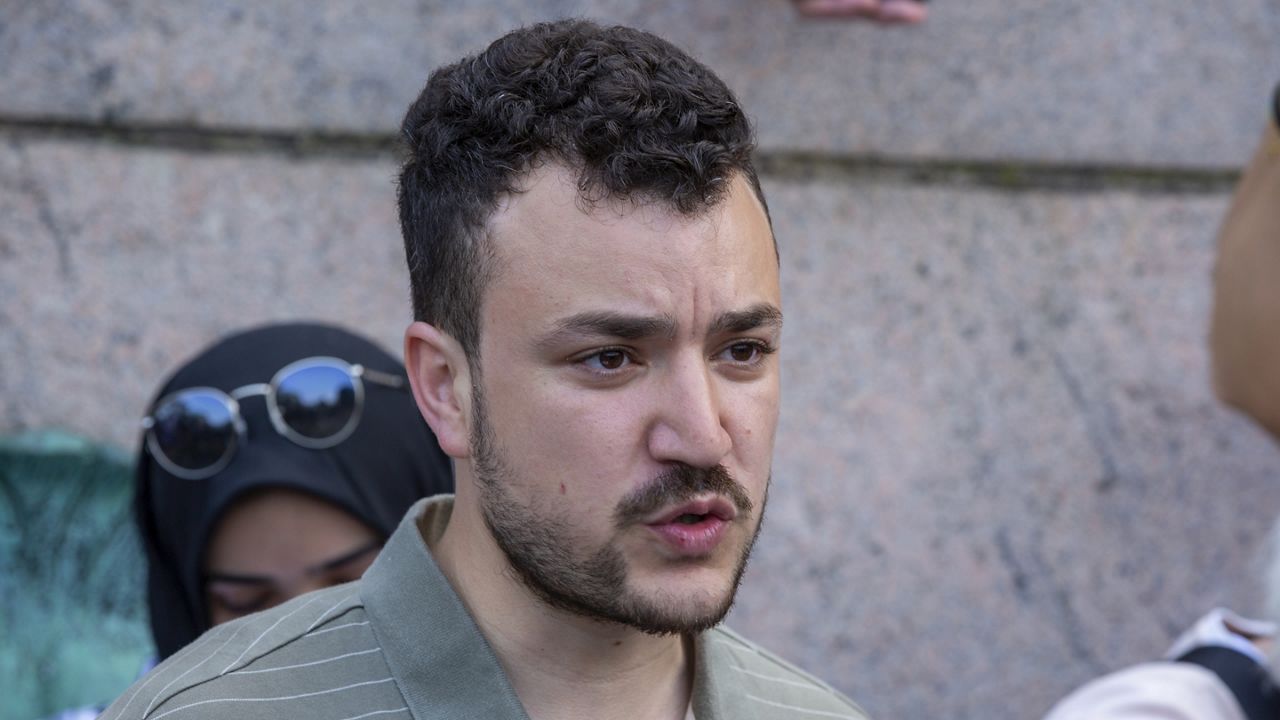The First Lady of New York City remembers a time when, as a young girl, she was spat on by a group of construction workers.
“It was really difficult. I was afraid, I was lonely, I was anxious, and so often I just wanted to die. And I didn’t have a healthy place for all of those feelings to go.”
Headlining the third annual Cities Thrive conference focused on mental health, Chirlane McCray spoke about her own challenges.
“Loneliness, I think, is part of what forces people to substance misuse, to behaviors that are not acceptable.”
She has spoken in the past about smoking marijuana in her youth. Also, without going into detail, one of her aides confirmed that McCray had contemplated suicide at one point in her life.
Mayor de Blasio also attended the conference and once again talked about his father's suicide.
"I've never lied about it, nor has Chirlane. Our families both dealt with mental health and substance misuse challenges," de Blasio said.
The conference is part of the Thrive initiative led by McCray, a $250 million-a-year program focused on eliminating the stigma and changing the conversation about mental health.
Four years after its launch, the de Blasio administration has been criticized for the lack of transparency on how it measures the program’s success.
“We have many performance measures,” McCray said. “They may not be the traditional kind of measures that people are used to seeing because this is very different from determining, like a test score.”
Brian Rhodes, Chief of Fire Administration in Nashua, New Hampshire, agrees.
“If we save one person, is that a success? As long as we have a person with a mental health issue who’s no longer having thought of self-harm, they have better self-esteem, they are being more productive, I guess that’s a win,” Rhodes said.
As part of Thrive, the city says over 115,000 people have been served by the Crime Victim Assistance Program and over 141,000 New Yorkers have been trained in Mental Health First Aid.







